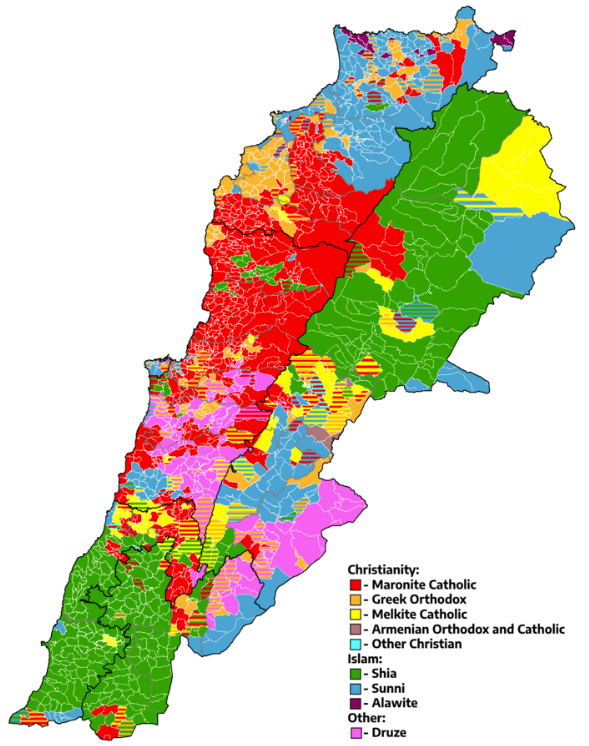One key factor in all this is the Lebanese civil war (1975-1989). Around the time Hezbollah was formed, the country was under the control of various militias (including Palestinian organizations) fighting each other. Without trying to give an overview of the war that would be beyond my knowledge, it's easy to see why it doesn't really make sense to wonder what “Lebanon” thought about it. Presumably, many factions hated it but they also had other things to worry about and complex and shifting alliances (and frequently tried to murder each other's leaders).
In practice, Hezbollah fighters were trained (by Iran) in Zabadani (Syria) and in the Bekaa valley (also under Syrian control from 1976) so other parties couldn't really do anything about it. At the same time, many in the Shi'a population would have welcomed it for several reasons. Many had been displaced from the south (which was invaded by Israel in 1978 and then again in 1982) and felt Amal (the only major Shi'a organization at the time) tacitly endorsed this invasion. Amal was busy fighting the Palestine Liberation Organization and Hezbollah came to be seen as the only “resistance force” (the term used in the Taif agreement), even clashing with Amal over the issue.
This also points to an explanation for current attitudes towards Hezbollah. As the survey cited by @Make StackExchange GREAT 4ever confirms, many Lebanese outside the Shi'a community have a profound dislike and distrust of Hezbollah. At the same time, they remember the suffering from the civil war and they hold Israel at least partly responsible for it (not to mention the 2006 war). They are also wary of anything that could reignite the violence and they know that challenging Hezbollah is especially dangerous. One sentiment I have heard is that Lebanon is a prisoner of a larger conflict and some Lebanese resent Israel (and the US) for putting them in that position. All these opinions need not be exclusive and cannot be neatly summarized as “supporting” or “opposing” Hezbollah.

